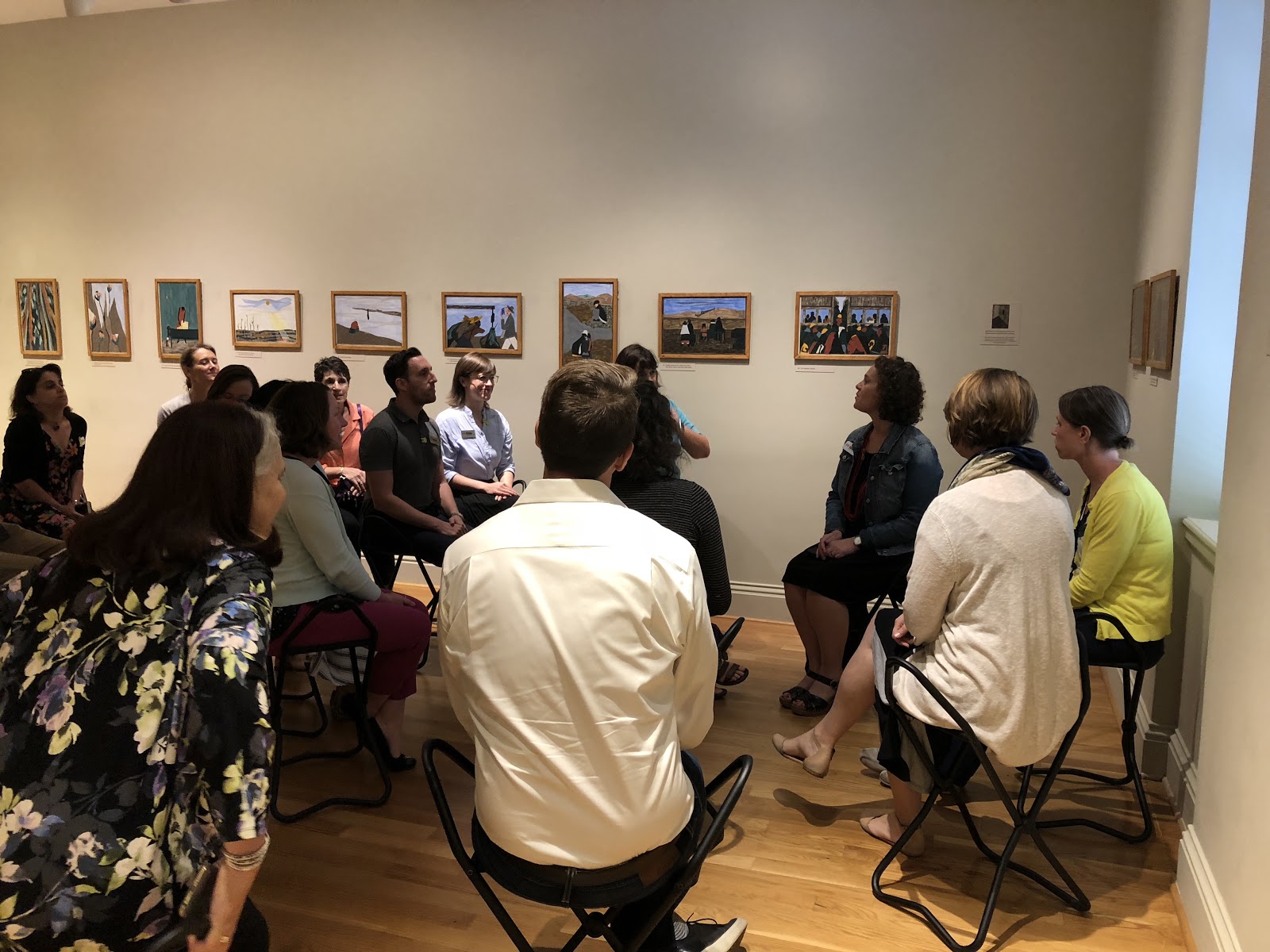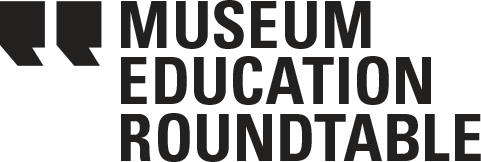Year-End Update from the MER President
re·spon·sive·ness
/rəˈspänsivnəs/
noun1. the quality of reacting quickly and positively.
As museum educators, we invest a lot of effort learning and honing teaching strategies and skills that enable us to be responsive to the varied backgrounds, interests, and preferences of visitors. We practice creating an inclusive, audience-centered environment and facilitating dialogue through open-ended questioning, active listening, paraphrasing, linking, and other techniques. We select exhibits, objects, and topics that raise issues of interest and relevance to the audiences we serve. And we make dozens of real-time decisions and adjustments in response to the audience, the physical environment, and current events.
What does responsiveness look like for the Museum Education Roundtable, an organization whose audience consists of museum educators and allies of museum education based around the world, and whose primary communication vehicle and core product is the Journal of Museum Education (JME), a quarterly peer reviewed print journal that takes many months to produce?

Since 2015, MER has conducted two audience surveys to better understand and respond to its audience. MER Board Member and Treasurer Stephanie Downey’s recent blog post shared some of the ways we are responding to what we learned from the most recent survey earlier this year in terms of MER’s DAEI work. We also heard loud and clear that readers of the JME enjoy and use online access to the digital edition, and that a strong majority values the print edition. MER and its publisher Taylor & Francis plan to continue offering both formats.
MER’s board members hail from places throughout the US, and we also have current board members from Canada and Europe. They represent small and large museums, universities and museum-affiliated organizations, and urban and rural communities. This geographic and organizational distribution is one way we remain responsive to the broad interests and concerns of the field of museum education.
Because the board is spread across broad geographies, most of our meetings are held via web conference. Each August, the board convenes in person for a 2-day planning retreat. An important activity during the retreat is a brainstorming session around current and emerging topics and trends in the field. The list that is generated becomes a resource for seeking out guest editors to conceive of and put together future issues of the JME that are timely and relevant, such as guest editor Lauren Zalut’s Interpreting Trauma, Memory, and Lived Experience in Museums and Historical Sites (43.1) and Margaret Middleton and Sage Morgan-Hubbard’s co-guest edited Women/Trans/Femme in the Museum (43.3).
Once the content is published in the journal, we take advantage of nimbleness of social media, blogs, and other platforms to connect articles to current events and issues. One example came during the Brett Kavanaugh Senate confirmation hearings for his appointment to the Supreme Court. In response to the national conversation surrounding sexual harassment allegations against him, and in solidarity with accuser Christine Ford, MER arranged for free access to the article “Facing Sexual Harassment and Abuse in the Feminizing Museum” by nikhil trivedi and Aletheia Wittman.
MER looks for strategic opportunities to leverage and engage people with the content of the journal through professional development opportunities. Through partnerships with other organizations like the New England Museum Association (NEMA) and the Education Professional Network (EdCom) of the American Alliance of Museums (AAM), online and in person professional development sessions are developed around JME content and often involve editors and authors as presenters. Each August, MER hosts its annual Forum in the city where we hold that year’s board retreat. This past August, inspired by recent issues Race, Dialogue and Inclusion: A Museum on the National Stage (42.1), co-guest edited by Esther J. Washington and Anna F. Hindley, and Identifying and Transforming Racism in Museum Education (42.2), co-guest edited by Marit Dewhurst and Keonna Hendrick, and AAM’s Facing Change report, we engaged Dr. Nicole Ivy to lead a workshop held at the National Building Museum in Washington, D.C.
We’re also adaptable and open to trying new things, while maintaining our primary focus on JME. MER board members are currently working on a new JME Book Club meet up format and exploring the possibility of podcasts interviewing JME authors or others who can speak to JME-related topics. So stay tuned!
We love it when MER members and JME readers connect with MER directly through our social channels. What’s on your mind as an emerging trend or topic for the future that we should be anticipating? Who is doing amazing work and should be encouraged to write about it for the JME, this blog, or another platform? We hope to hear from you and engage in a responsive dialogue. You can find us on Twitter (@MusEdRountable) and Facebook.
Amanda Thompson Rundahl is Director of Learning and Engagement at the Saint Louis Art Museum and President of the Museum Education Roundtable Board of Directors.

